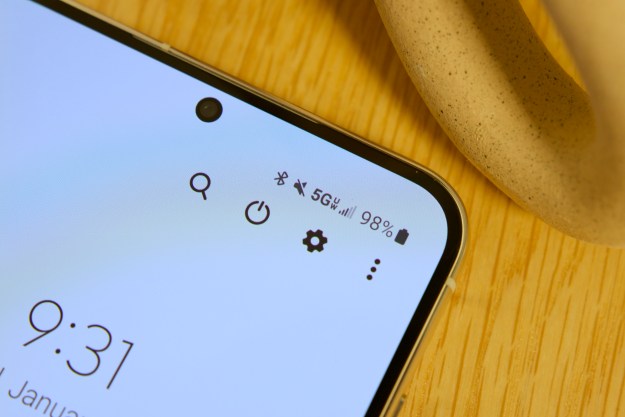
AT&T has begun laying out its case to federal regulators as to why they should approve its proposed $39 billion acquisition of T-Mobile USA, filing an enormous public interest statement (PDF) with the Federal Trade Commission. Under the mantra “Mobilize Everything,” AT&T is positioning the acquisition as a significant benefit to the United States public and communities, and says the acquisition will enable the combined company to bring 4G LTE broadband service to over 97 percent of the U.S. population. AT&T also highlights the competitive positions of Verizon Wireless and Sprint—characterizing their spectrum holdings as stronger than their own—and posits that T-Mobile is being eaten alive by “maverick” players in the market like MetroPCS, U.S. Cellular, and Leap.
According to AT&T, the explosion of smartphones and related wireless Internet devices like the iPad has increased the amount of data traffic its network must support by some 8,000 percent between 2007 and 2010, and the company is facing capacity constraints “more severe” than any other wireless provider. AT&T also argues that acquiring T-Mobile won’t impact competition because AT&T never considered T-Mobile an important factor when making strategic decisions. To hear AT&T tell it, the company was happy to see T-Mobile be eroded by the likes of MetroPCS and Leap and never gave the company a second thought.
AT&T’s basic case for the T-Mobile acquisition is that, by acquiring T-Mobile’s existing cell towers and spectrum licenses, the combined company will not only be able to meet demand for data-intensive mobile services, but will be able to bring mobile broadband to the vast majority of the U.S. population—a key policy goal of the Obama administration. AT&T estimates that by taking over T-Mobile’s existing sites it can leapfrog as might as eight years of licensing, regulation, and zoning processes it would otherwise have to endure in an effort to build out its network.
Other industry watchers aren’t having it, and continue to characterize AT&T’s acquisition of T-Mobile as a move to reincarnate the “Ma Bell” monopoly, only this time with a mobile twist. “Make no mistake,” wrote Free Press Research Director S. Derek Turner, in a statement. “This deal is about eliminating a competitor and nothing more. AT&T has chosen the marketing slogan ‘Mobilize Everything’ to sell this competition-killing deal, but it’s clear their real goal is to ‘Monopolize Everything.'” Critics note that if the deal were approved Verizon Wireless and AT&T would control about 80 percent of the current mobile marketplace, leaving Sprint and “maverick” carriers to tussle over the scraps. Sprint has also indicated it will vigorously oppose the merger.
AT&T and T-Mobile hope to close the deal within a year.
Editors' Recommendations
- Have T-Mobile? Your 5G service is about to get much faster
- T-Mobile just set another 5G speed record
- T-Mobile still has the fastest 5G, but its rivals are catching up
- The 5G speed race is over and T-Mobile has won
- T-Mobile’s newest plans are exciting for new (and old) customers


